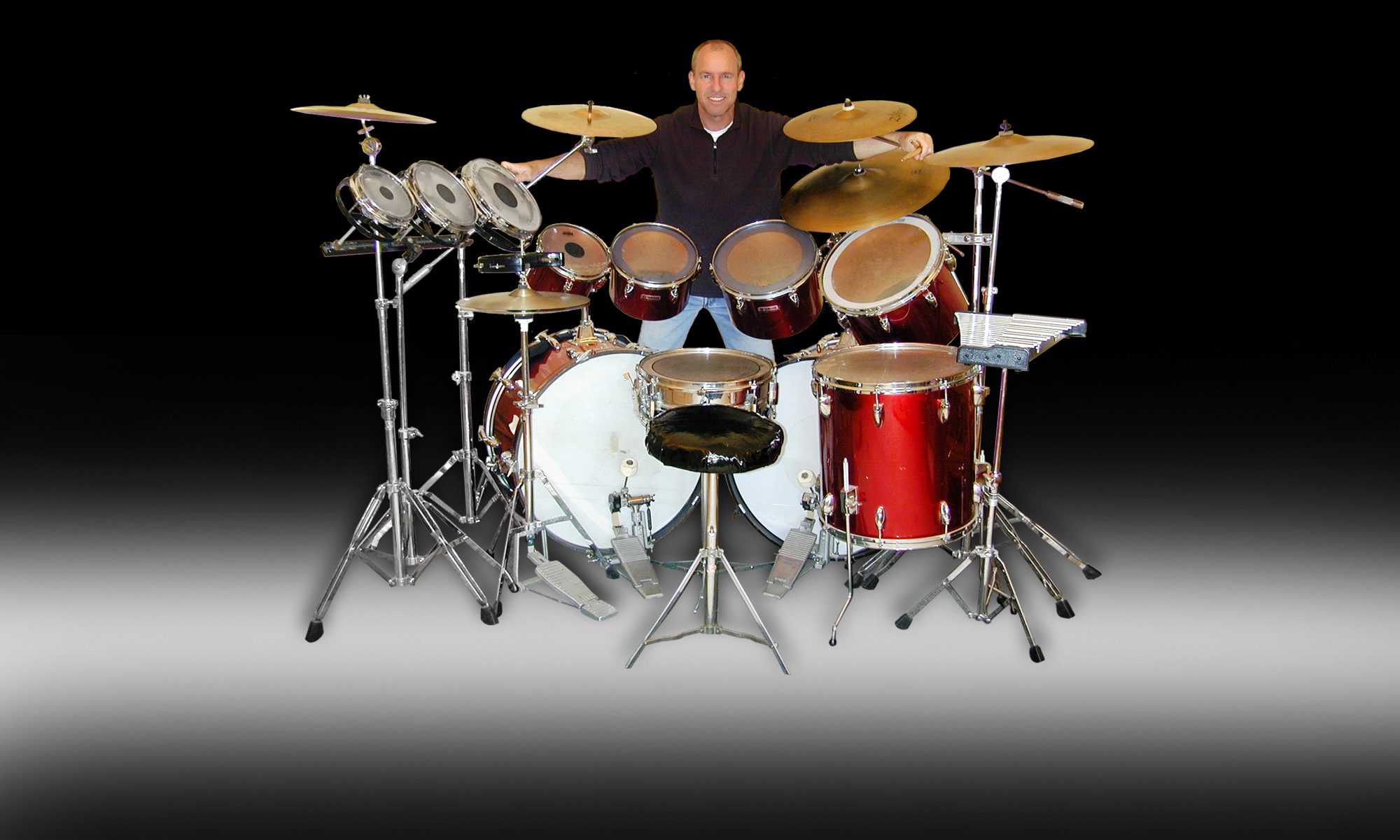There’s no going back to change the past, but reflecting on my musical path reveals that it turned out to be the perfect one, after all.
For many, the best way to learn an instrument is by starting lessons at an early age. Plenty of adults either regret not continuing their music lessons as kids or find themselves embracing a new instrument later in life. There’s no single right or wrong way to approach music—only the contrast between wishes and reality. The familiar refrain of “could’ve, would’ve, should’ve” often shapes these reflections.
As a 12-year-old, my decision to avoid music lessons wasn’t hard to make. Watching others take lessons and focus exclusively on ratta-tat-tats on a lone snare drum felt uninspiring. The goal wasn’t to learn rudiments; it was to play the drums—plural! That’s the dream for most kids, and it was no different in my case. When given the choice, it was easy to turn down lessons in favor of figuring things out by playing along to the radio.
Decades later, taking lessons as an adult has brought surprising validation. It turns out that what I had done naturally with bands was more legitimate than I had otherwise imagined. Encountering highly technical drummers who excel at ratta-tat-tats but struggle to blend with a group was both disappointing and enlightening. It forced a reevaluation of my personal abilities and the path I’ve taken. Playing drums in a group came naturally to me, even if the technical precision of rudiments wasn’t my strong suit. What once seemed like a limitation now feels like just another part of a unique journey. Of course, everyone’s path is different.
Still, it’s easy to wonder: What if lessons had been part of the equation from the start? Could things have been different—maybe even lead to greatness or fame? Reflecting on that brings some sobering realities into focus:
- Growing up in central Montana didn’t exactly lend itself to becoming a world-renowned professional musician—or much else on a global scale.
Strike one. - Coming from a non-musical family meant minimal support. When practicing in my basement bedroom, no one ever came down to offer encouragement or feedback. The only response to hours of playing was the loud stomping of feet on the floor above, the unspoken but clear signal to “shut it down.” Maybe the playing wasn’t great back then, but it was still a tough environment.
Strike two. - Above-average talent is one thing, but without the right environment or extraordinary ability, breaking out of rural Montana would have been nearly impossible. Playing alone in a basement didn’t offer much opportunity for professional critique or recognition.
Strike three—you’re out!
Looking back, though, this was the perfect path. Learning technical skills like paradiddles or five-, six-, and seven-stroke rolls as a young teenager probably wouldn’t have held much appeal or staying power. It might have led to burnout instead of my incredible experiences behind the drums over the last 40 years.
Today, the journey continues with new challenges. Right now, (Nov 2024) I’m working through 30-Day Jazz Drummer, a course by Juilliard Jazz Professor Ulysses Owens Jr. on Drumeo. Ulysses’ charisma and character make the experience enjoyable—even for someone who’s not a big jazz fan. Jazz is hard. Without a childhood soundtrack of jazz to draw from, every step feels like starting from scratch. Progress comes slowly, alongside a sore back and some less-than-stellar results.
Still, there’s no one stomping on the floor above anymore, demanding that the noise stop. Life in my basement studio in northern Idaho—with two horses and three barn cats for company—is blissfully peaceful. It’s been a blessing. Making all of this the perfect musical path after all.
~ Mike
Psalm 119:105
Thy word is a lamp unto my feet and a lamp unto my path.
